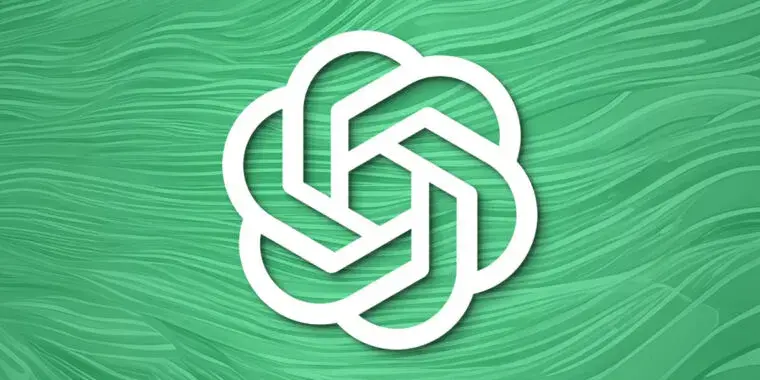Apparently, stealing other people’s work to create product for money is now “fair use” as according to OpenAI because they are “innovating” (stealing). Yeah. Move fast and break things, huh?
“Because copyright today covers virtually every sort of human expression—including blogposts, photographs, forum posts, scraps of software code, and government documents—it would be impossible to train today’s leading AI models without using copyrighted materials,” wrote OpenAI in the House of Lords submission.
OpenAI claimed that the authors in that lawsuit “misconceive[d] the scope of copyright, failing to take into account the limitations and exceptions (including fair use) that properly leave room for innovations like the large language models now at the forefront of artificial intelligence.”



There’s this linguistic problem where one word is used for two different things, it becomes difficult to tell them apart. “Training” or “learning” is a very poor choice of word to describe the calibration of a neural network. The actor and action are both fundamentally different from the accepted meaning. To start with, human learning is active whereas machining learning is strictly passive: it’s something done by someone with the machine as a tool. Teachers know very well that’s not how it happens with humans.
When I compare training a neural network with how I trained to play clarinet, I fail to see any parallel. The two are about as close as a horse and a seahorse.